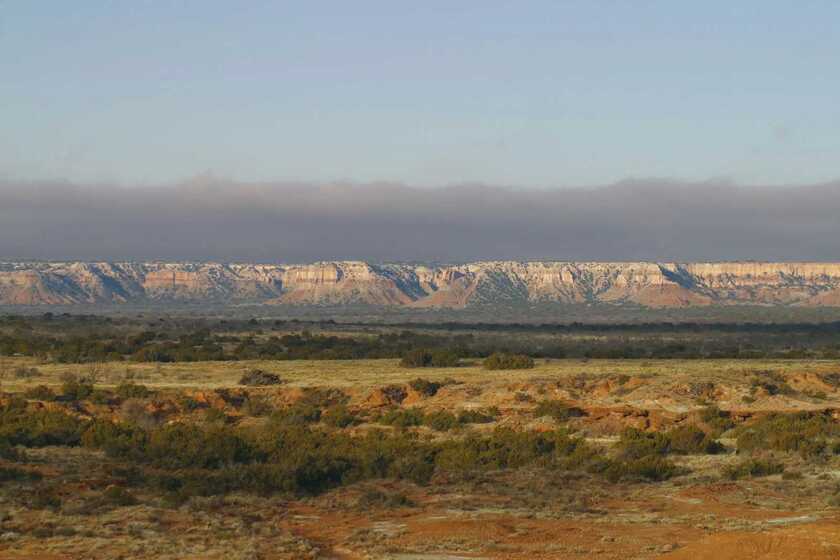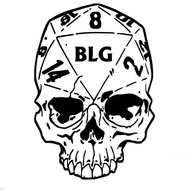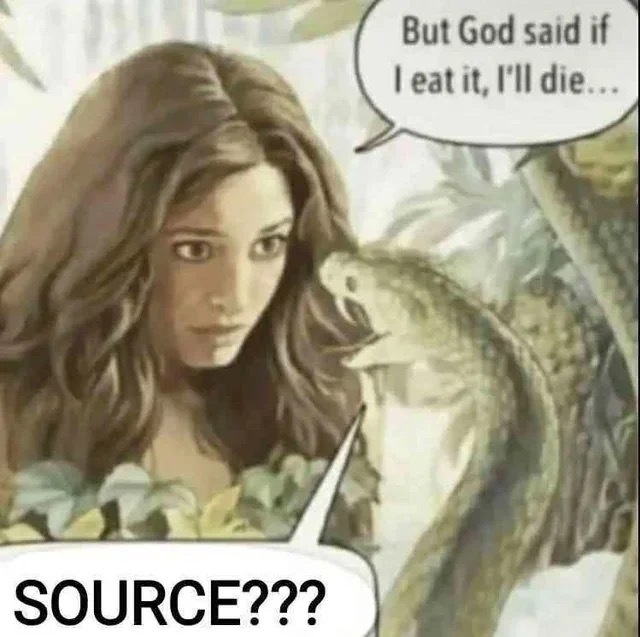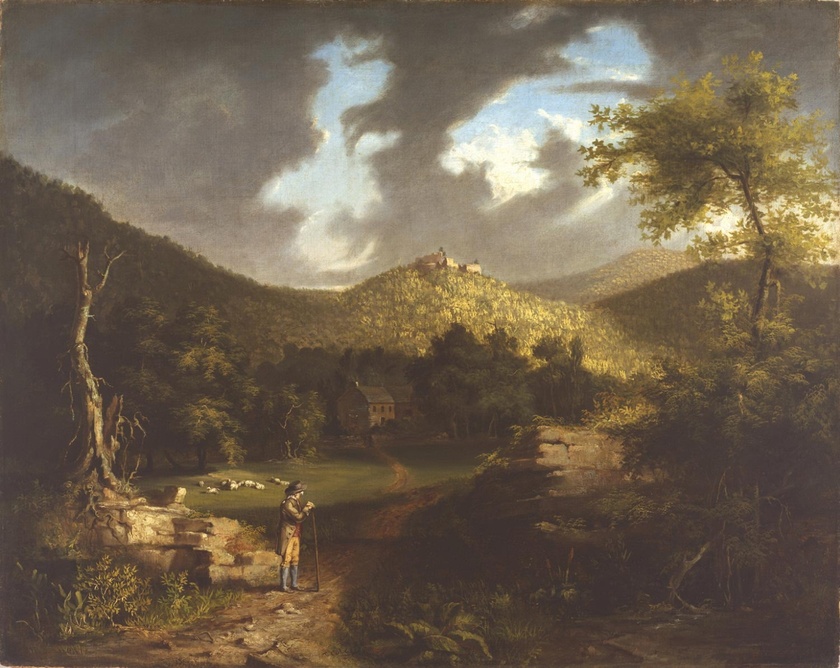When I made the move from Virginia to Texas last October, I was struck by just how much beauty of the American country that could be seen even from the highway. The journey, mostly along I-81 and I-40 allowed me to witness the changing leaves of Virginia, the looming crags of easternTennessee, the shocking greenery of Arkansas and the vast expanse of northeastern Texas. I felt at several times during that long drive, something of the magic of America itself. There is a character to the American countryside and to its people which is completely unique which has not truly been captured in the hobby.
Recently, Night Danger has been elaborating on Twitter about his Canadian fantasy game and I was reminded of my experience traveling the country and wondered what the true American mythos might be as it pertains to fantasy, that ephemeral Americana magic beneath mundane perception.
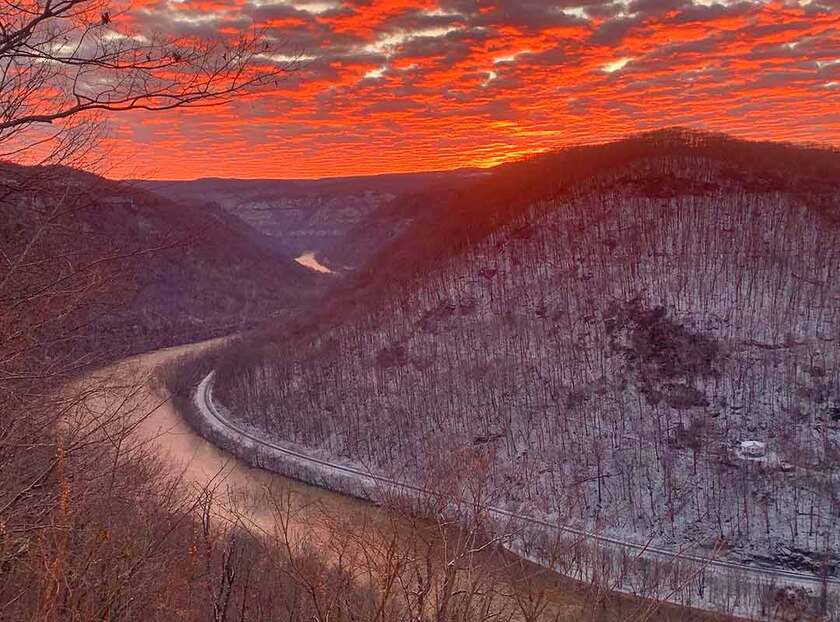
Unlike the grand conflict of myth and morality presented by Tolkien or the heroic masculine brutality ordering a broken and fallen world as shown in Howard’s Conan, Americana fantasy occupies a position outside of the typical high vs low fantasy spectrum.The dynamic instead is that of the eternal frontier; there is no organized, overwhelming evil from without to face nor apocalyptic savagery requiring a man to strip himself of his restraining virtues in order to survive. Mankind is a force of order and good that civilizes a dark and chaotic land which ultimately cannot be wholly subjugated.
The evil of the Americana mythology is something ephemeral or a force which corrupts material actors with an echo of its unknowableness. As Sheriff Truman reveals to Agent Cooper in Twin Peaks, there is always a “darkness” in the woods or in the places we cannot see. Likewise, it is only in America that Lovecraft could have arose to put forward his mythos which so well develops this primordial American fear of the unknowable.
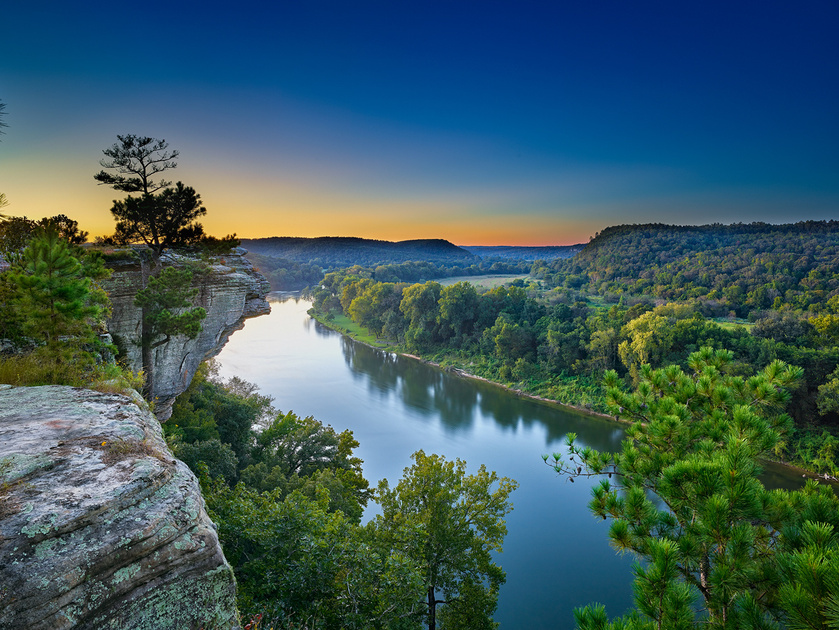
The darkness and chaos of the land must always be guarded against and it holds true as much for the colonial east and frontier west as it does for modern suburbia or “small time” modern America. The aspects of what constitute the heroic Americana heroic spirit are those which embody courage in the face of unknown adversity and boldness of conviction. Interestingly, this dynamic does not present itself in the same way within the landscape of the American city, which is itself such a unique environment that does not exist in Europe or anywhere else in the world; perhaps I will explore it further in a future post.
Returning to qualities of the true Americana hero, it seems to me that there are five distinct American archetypes that embody this kind of ordering virtue who present themselves time and again in American stories.
The Rebel:Our creation myth is defined in large part by unapologetic denial of old and corrupted strictures. The rebel is himself a kind of productive chaos; a renewing force which challenges and prunes the customs and behaviors of a civilization such that it does not become ossified or corrupted by the enervating darkness of the unknown. Such a man lives amongst society by his own code or else ventures out into the wilds to prove to all the truth of his heterodox convictions by building anew or vanquishing some external threat. The rebel violently repudiates conventions but is not himself a misanthrope; he acts as he does because his beliefs embody a love of his people and promote their future flourishing rather than destruction for its own sake.
The Cowboy: The figure of the lone guardian prowling the wilderness or patrolling the borderlands is an instantly recognizable and admirable one that manifests far afield of the mundane profession of the western rancher. The Cowboy has his eyes set to the unknown, alert for danger and evil while at his back are the people, his town, his herd. Equally at home among civilization or the wilds, he is so iconic because he is the perfectly integrated man whose prodigious courage and discerning compassion inspire awe in ordinary men. The Cowboy vivifies his people with his bearing and resolve, for he is prepared and committed equally in all circumstances; America’s Odysseus.
The Pioneer: Possessed of a unique kind of American wanderlust, the pioneer is more than a mere explorer or restless vagabond but one who boldly presses deep into the unknown to make their mark on the very land itself. Their deeds prove that the impossible is out there for the taking and in their wake the advance of order and civilization follows. The Pioneer is at peace only when he is beyond the borders of the known world, pitting mind and body against the ceaseless hardship of the wilderness and the looming darkness or the unknown. His spirit is indomitable as treacherous bogs, vast ravines, and towering mountain in time lie cowed beneath the hard packed dirt of the Pioneer’s trails that offer safe passage for his people into the beyond.
The Homesteader: There are countless stories in the American mythos of a man or band planting their flag to hold it against all comers. There is a visceral power in the act of truly claiming a place as one’s own and vowing never to back down. The Homesteader is a settlement founder, a family patriarch or a captain of industry who sees the power and prosperity out there in the beyond for him and his people and relentlessly ventures forward to take it. He cuts a swath into the dark wilderness and rips the trees and ore out by their very roots from the land and fashions it into a home, a bastion of order amidst a sea of chaos. In the heart of the Homesteader, his people see the virtue of true rulership and ambition that brings forth a well ordered society that will not be compromised or broken by danger or decay.
The Pilgrim: In a way, perhaps the most American archetype is the Pilgrim who makes the implicit virtue and faith inherent in the civilizational enterprise explicit. Against the endless expanse of chaos and darkness, the voice of the Pilgrim proclaims to the weary and timid that God is here and our prosperity is His will. The faith he proclaims frames the uniquely American soul within providential bounds that are virtuous and life affirming. The Pilgrim remains ever with his people, holding aloft the light of truth against the darkness that ever threatens to creep in and lifts their spirits in making the divine manifest within the community. The faith he bolsters amongst the people is a bastion against all despair and hardship, and gives rise to all other heroic aspects that renew mankind’s heroic spirit.
